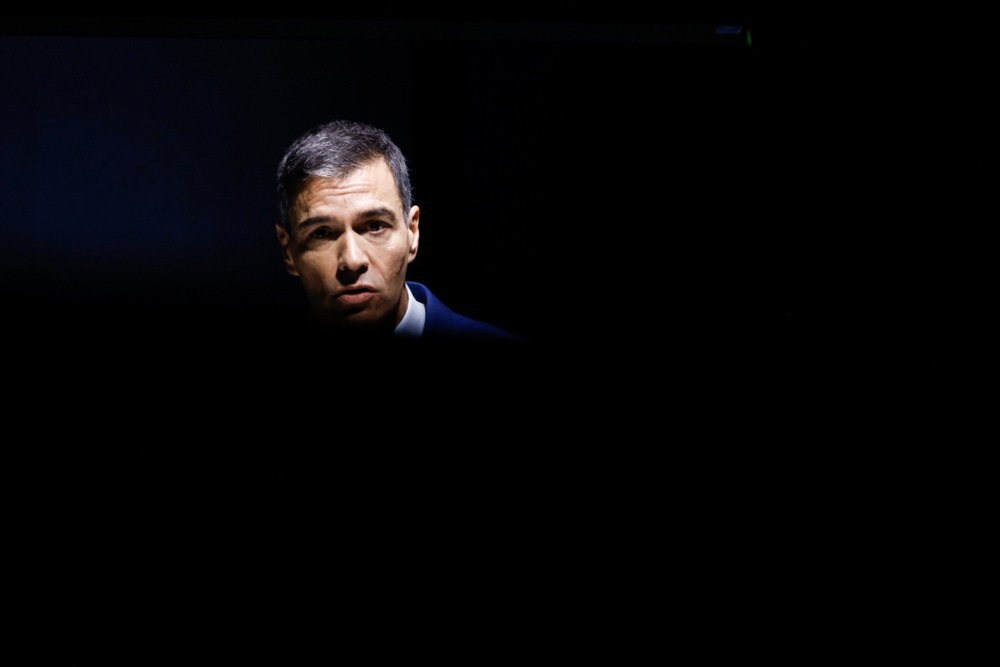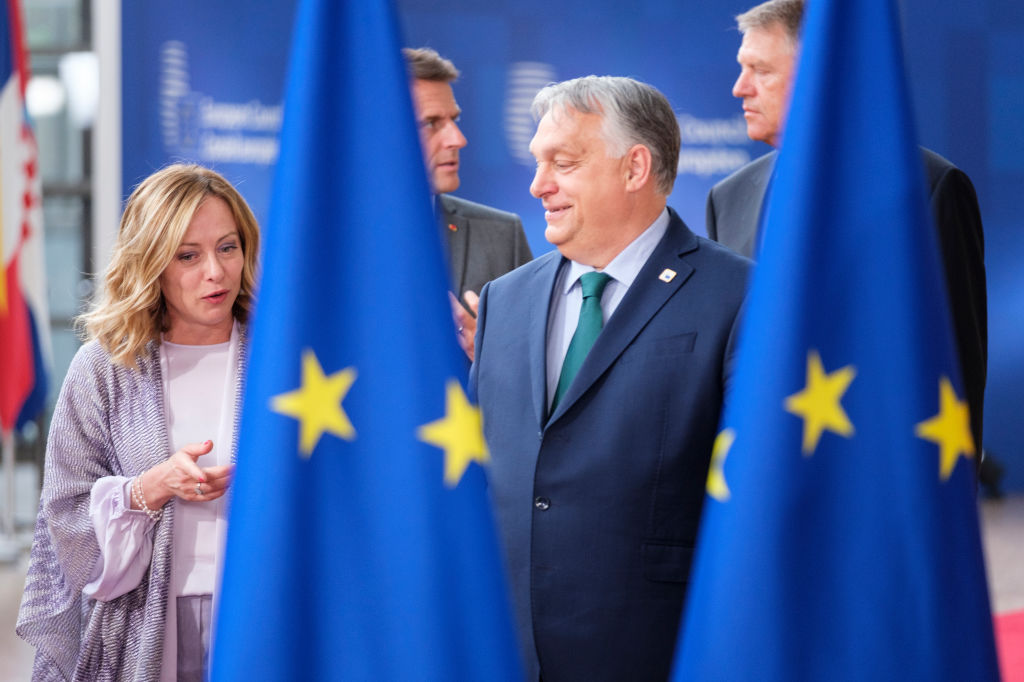The expansion and growing influence of BRICS (Brazil, Russia, India, China, South Africa, and other allies) represent an unprecedented challenge to the global balance of power.
With a membership encompassing almost half of the world’s population and an ever-diversifying economic strategy, BRICS is reshaping the geopolitical chessboard and challenging US-led Western hegemony.
Meanwhile, the European Union (EU) faces economic and strategic risks threatening its global relevance and ability to deliver on goals such as the 2030 Agenda. Climate dogmas collapse as soon as realpolitik comes to the fore. Europe is at a historic crossroads: adapt to a multipolar world where BRICS leads the change or is left behind as a bystander.
Since World War II, Washington has been a centrifugal force on the European continent, but the emergence of a global bloc opposed to Western interests marks a dramatic shift since the fall of the USSR.
Founded in 2009, BRICS has evolved from an emerging economic grouping into a strategic hub of the so-called ‘Global South.’ Its current members and potential allies, such as Saudi Arabia, not only account for 46 per cent of the world’s population, but already outstrip the G7 in key areas such as oil production and control of strategic minerals.

These advantages are critical in a context where energy and commodities are vital to economies. BRICS initiatives, such as BRICS Pay, an international payments system which could challenge SWIFT, and trade agreements in local currencies seek to reduce dependence on the US dollar and establish a multipolar system.
This rise is not only economic, it is also political. BRICS is positioning itself as a platform to criticise the Western model, which many consider obsolete.
Leaders such as Vladimir Putin and Xi Jinping have argued that the West’s ideological radicalism and moral deviation have weakened its global appeal. Europe, traditionally an ally of the US, is awkward.

In a world that no longer revolves around the G7, the EU’s influence in regions such as Africa and Asia is declining. While BRICS attracts emerging economies with concrete proposals, Europe offers conditions and policies that no longer resonate with a ‘Global South’ that demands respect and autonomy.
BRICS dominance in oil production and access to strategic minerals represents a direct challenge to Europe’s green transition. Countries such as China and Russia control essential resources for clean technologies, leaving the EU vulnerable. If it was once vulnerable to Russia in hydrocarbons, it will now be susceptible to more countries thanks to climate fanaticism.
Exacerbated by Moscow’s isolation as a supplier, import dependency threatens to increase costs and weaken supply chains. Ursula von der Leyen and her team have tried to mitigate this risk through global agreements, but growing intra-BRICS trade and the integration of players such as Indonesia and Nigeria redraw markets.
European industries, particularly in manufacturing and technology, face increasingly fierce competition. In this context, the US is adopting protectionist policies, with President Donald Trump promising higher tariffs, including for its NAFTA partners. This could push China to intensify its strategy of opening up to new markets, further strengthening BRICS.

Meanwhile, Europe remains caught up in internal debates over gender, what representativity really means, and bureaucracy, losing sight of critical geopolitical challenges.
While Europe pushes ambitious climate policies, the BRICS promotes fossil fuel-based development and accelerated growth. Trying to convince China, Russia, or India to adopt a degrowth model seems futile.
To avoid a subordinate position vis-à-vis BRICS, the EU must act urgently in four key areas: building new alliances and reforming its approach to Africa and other emerging economies.
Conditioning development aid on cultural or political impositions has become ineffective. Europe must offer honest and respectful alternatives to the BRICS model. It must also focus on competitiveness, investing in technological innovation, infrastructure, and nuclear energy as the basis for energy independence.
With such measures, Europe will remain independent of third parties. Strategic autonomy is essential, but it implies reducing its dependence on Washington while maintaining a pragmatic partnership with the US. This requires profound political change, which is difficult with Trump back in the White House.
The rise of BRICS is a direct challenge to Western hegemony and a wake-up call for Europe. In a world where the rules of the global game are being rewritten, the EU cannot afford the luxury of inaction. Does Brussels have the political will to lead, or will it accept a secondary role? Europe’s future depends on its ability to act strategically and decisively in this new world order.





Towards a new policy on Iran? Trump may force European leaders to rethink their stance